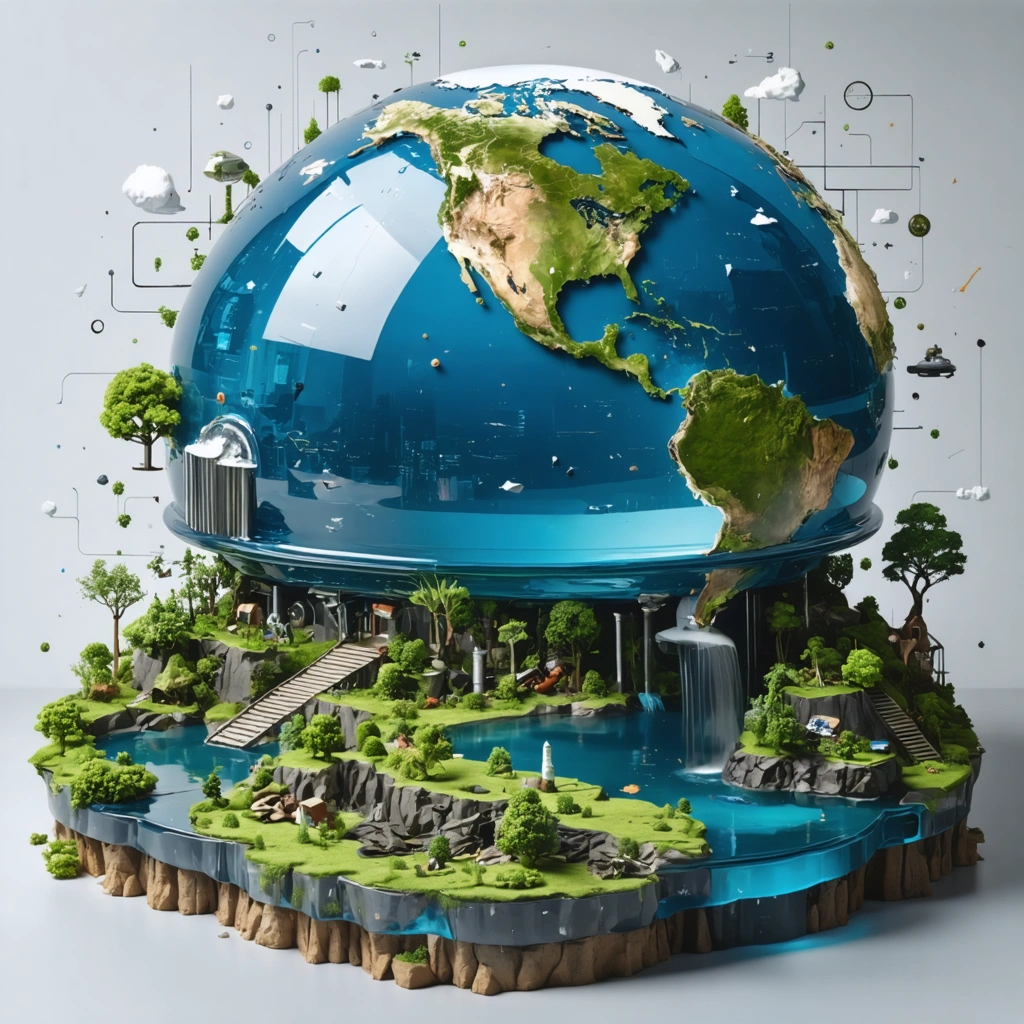
Introduction: The Growing Importance of Water Conservation
As the world faces ongoing environmental challenges, water conservation has become increasingly important. With the fear of water scarcity becoming a reality in the near future, technology that aids in water conservation is paramount. In a revolutionary development, university scientists have transformed everyday waste materials into sorbents capable of producing approximately four gallons of water daily with minimal energy requirements.
From Waste to Water: The Breakthrough Technology
In an effort to manage the existing water crisis, university scientists have pioneered an innovative technology. Using waste materials found in every household, they have developed sorbents capable of producing nearly four gallons of water daily, requiring only a small amount of energy.
The Science Behind the Technology
The technology leverages the sorption process, in which certain materials, referred to as sorbents, absorb and hold a large amount of water. These sorbents are created from everyday waste materials, such as kitchen scraps and seashells. As the waste materials are transformed into sorbents, they are capable of absorbing water from the atmosphere and then releasing it when subjected to heat.
Benefits of the Technology
This revolutionary technology offers multiple benefits:
- Effective Water Conservation: By utilizing waste materials to generate water, the technology contributes significantly to water conservation efforts.
- Waste Reduction: By transforming waste into a resource, it also helps in reducing the amount of waste headed for landfills.
- Energy Efficiency: The technology requires minimal energy to function, making it environmentally friendly.
Looking Ahead: The Future of This Technology
The technology presents a sustainable and efficient solution to the pressing issue of water scarcity. With further research and development, it has the potential to revolutionize the way water is conserved and used. This groundbreaking initiative by university scientists serves as an example of how innovation and technology can transform waste into a valuable resource, promoting a more sustainable future.



